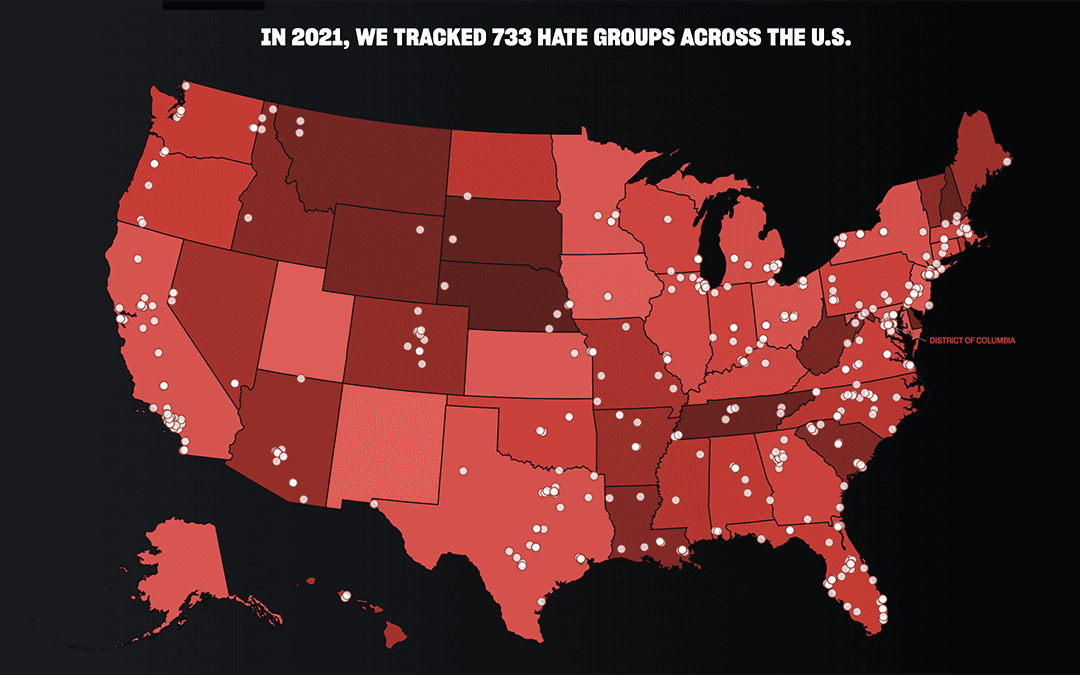Commentary
In order to win a defamation lawsuit, the person suing must convince the court and ultimately the jury that the slanderer didn’t just publish something false, but that he did so even while suspecting that the attack was false.

In order to win a defamation lawsuit, the person suing must convince the court and ultimately the jury that the slanderer didn’t just publish something false, but that he did so even while suspecting that the attack was false.